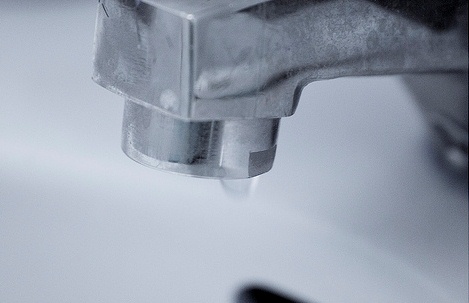
On the 1st of April 2023, business water prices increased across Britain, affecting all-sized businesses.
Water rates only increase once a year, and this year it will exceed 10% for most companies because rising energy costs have heavily impacted the water industry.
Water bills for the new year will soon be landing, but how can you combat the price rise?
The easiest way is to compare business water rates and switch to a new business water supplier.
However, you can take a few more steps to reduce your overall water usage and your water bill.
Let’s check them out here:
Conducting a water audit
Conducting a water audit involves assessing the water use of a business and identifying areas where water is being wasted. A water company or a specialist consultant can do the audit.
It involves looking at all aspects of the business’s water use, including plumbing, fixtures, appliances, and processes.
Once the audit is complete, the business can use the findings to develop an action plan to reduce water consumption.
Fixing leaks
Leaks can be a significant source of water wastage in businesses.
Even small leaks can add up to a large amount of wasted water over time.
Fixing leaks promptly can help reduce water consumption and save money on water bills. Businesses can use a leak detection service to identify and fix leaks immediately.
Installing water-efficient fixtures
Water-efficient fixtures, such as low-flow toilets, faucets, and showerheads, can significantly reduce water consumption in businesses.
These fixtures use less water than traditional fixtures while providing the necessary functionality.
Reusing water
Recycling and reusing water can be an effective way to reduce water consumption in businesses.
Grey water from sinks and showers can be treated and reused for non-potable purposes such as irrigation, flushing toilets, and cooling systems.
Businesses can also collect rainwater and reuse it for landscaping purposes.
Implementing water-saving practices
Encouraging employees to adopt water-saving practices can help reduce water consumption in businesses.
Simple practices such as turning off taps when not in use, fixing dripping taps, and reducing shower time can make a big difference in water consumption.
Educating employees on the importance of water conservation and encouraging them to come up with new ideas to save water can also be effective.
Monitoring water use
Installing water meters and monitoring water use can help businesses keep track of their water consumption and identify areas where they need to improve.
By measuring water use in different business areas, businesses can identify where they are using the most water and develop strategies to reduce consumption.
Implementing a water management plan
Developing a water management plan involves setting targets for water consumption and identifying measures to achieve them.
The plan should include a review of current water use, an analysis of potential savings, and a strategy for implementing water-saving measures.
By developing a water management plan, businesses can take a structured approach to reduce water consumption and ensure that their efforts are focused on the most effective measures.
Compare business water rates
Compare the latest business water rates and make a change today. Save on your business water bills and switch business water supplier.
(featured pic by Kitto, creative commons licence)

















Recent Comments